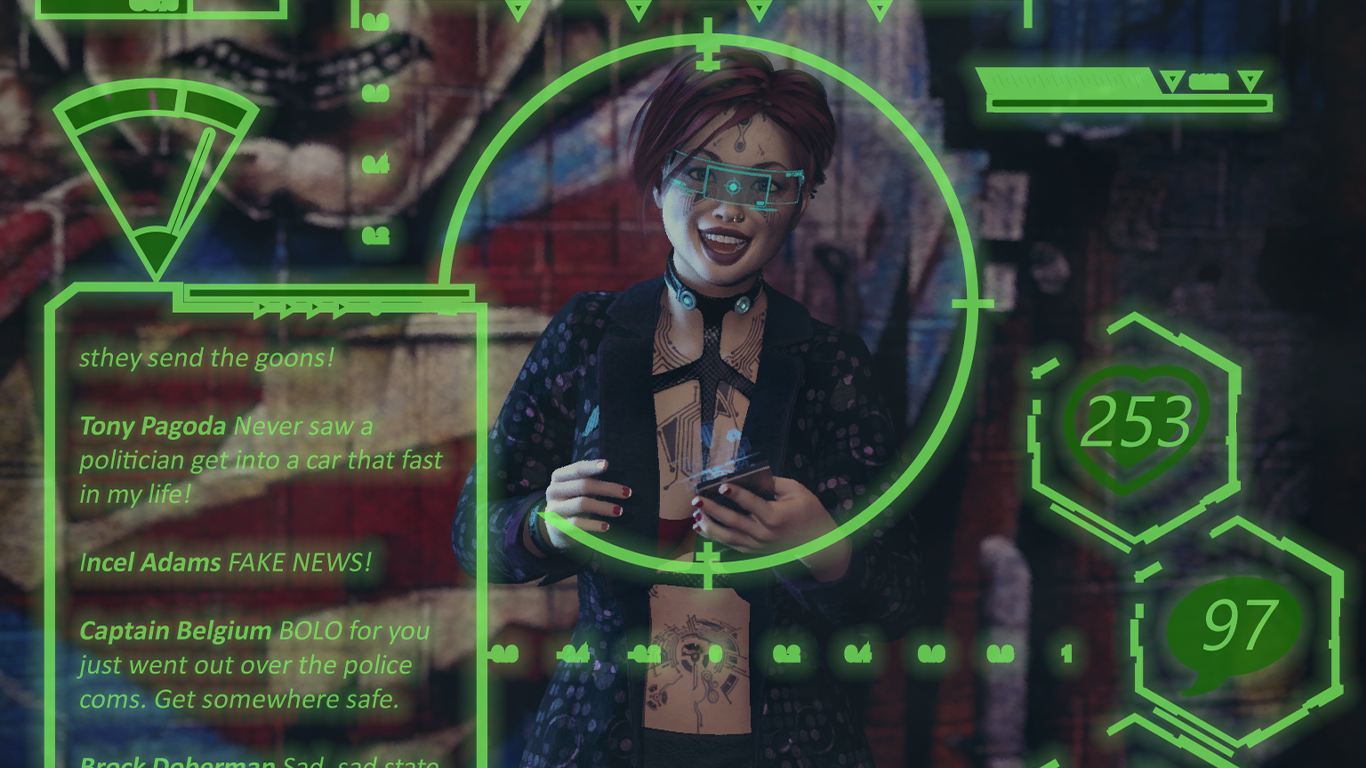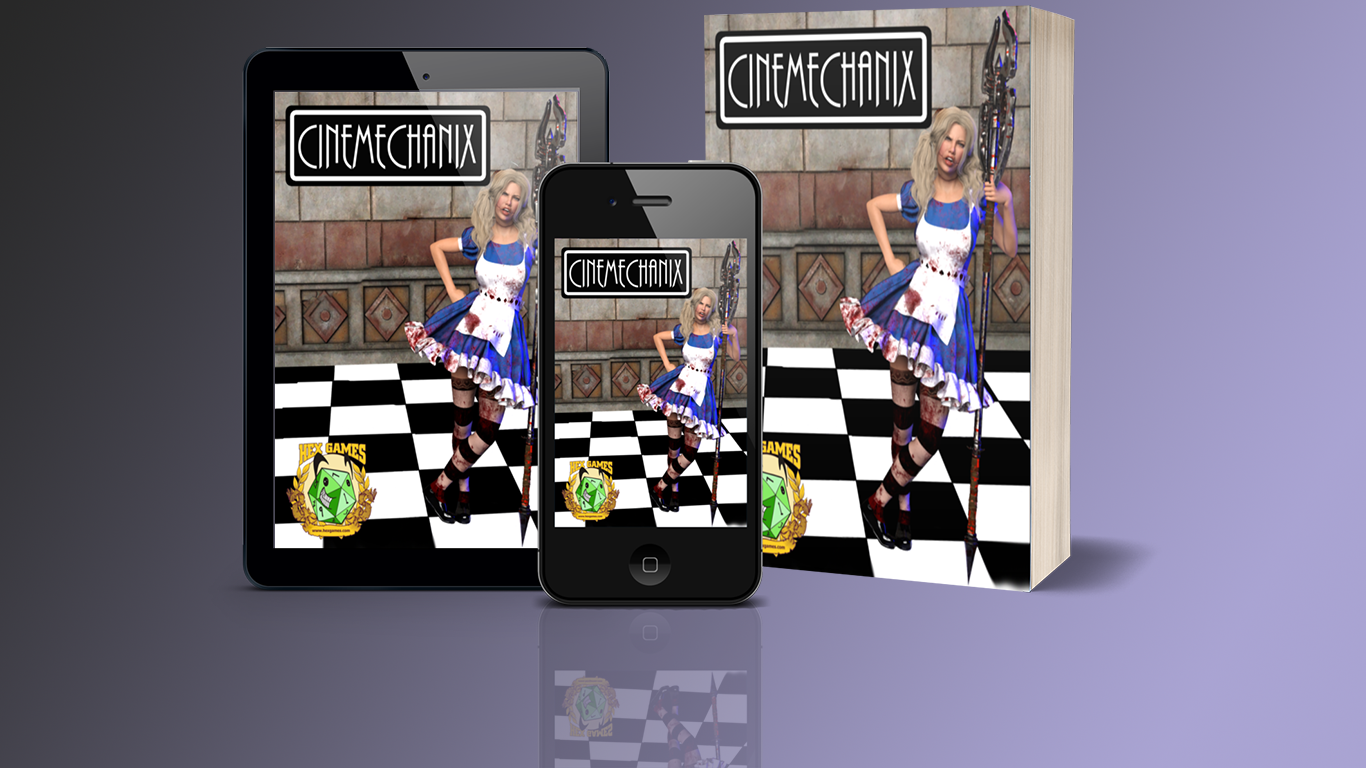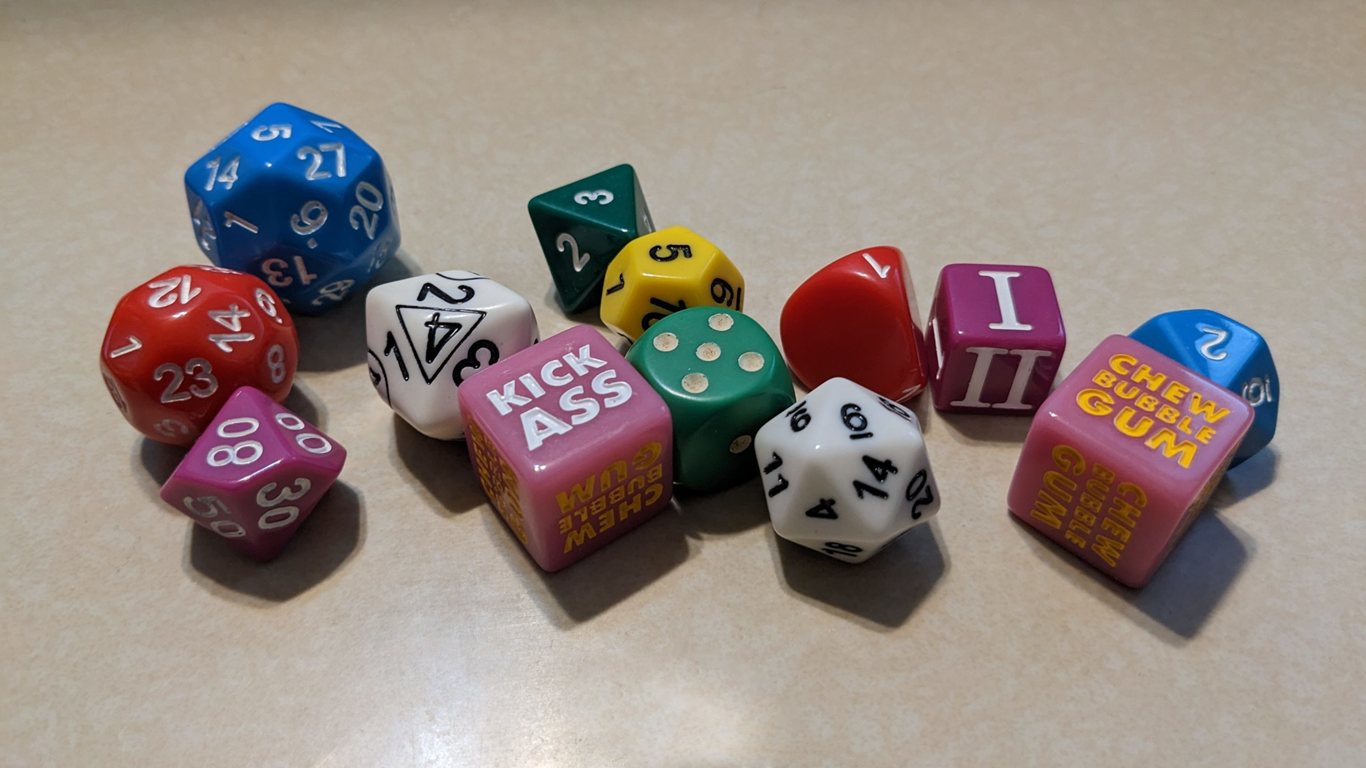We may earn money or products from the companies mentioned in this post.
Remember when I talked about Grunt Work a few posts ago? If you haven’t done any of that yet, this is probably where your project dies. All those exciting ideas you had at the beginning have been in your head so long they’ve become boring. You’ve now read that clever thing you wrote a hundred times and it’s starting to sound stupid. Worst of all, you and the people you’ve got giving feedback keep finding problems that need to be addressed. Suddenly that fun thing you started working on had become Real Work. It’s not fun anymore, and in fact a lot of the stuff you have to do in the final stretch is really tedious, and like any tedious chore you’ll probably find yourself doing it in your sleep. You’ll be dreaming about rewriting and editing the text, but because of the cruel nature of dreams you’ll only have a vague idea of what that text is, and the parts you remember will be surreal or dumb, so you can’t even use it for inspiration.
When a project turns into real work, one of three things will happen. The first is that you power through it until the thing is done. The second is that you give up and add a massive chunk of unrealized Idea Debt to your life. The third is that you deny that the work is needed and release a bad product, or at least a product that’s not as good as it should be. We’ve all done it, and the worst part about it is that as time passes you’ll notice all the holes you didn’t bother to fill in. Some of these will be glaring things that other people criticize, make fun of, or ask you about. Others will be things nobody else catches but that you know weren’t done the way they should have been. No matter how good the thing is, you’re always going to wish you did a few things differently. The less Grunt Work you put into it during the final stages, the more of these problems you’re going to find later.
One reason that you’ll always find problems later is that by the time you get to the point where you really need to look at the thing objectively, you can’t. You’ve spent too much time with it, gotten too used to the way it is to have any clear judgement about it. When someone points out a flaw, your first instinct will be to rationalize or minimize that flaw. When your editor says, “I don’t know if you realize this or not, but your Robin Hood game doesn’t have any rules for archery,” you’ll hastily put together an explanation of how archery in Robin Hood is governed by clear genre mechanics that any fan knows instinctively and that trying to break them down into a mere series of die rolls and modifiers would be an affront to every Robin Hood story ever told. Deep down you’ll know it’s bullshit, and the more you try to rationalize the deeper the truth is going to get buried. Our brains try really hard to keep us from admitting things like “I’m the kind of dumbass who would write a game about Robin Hood and forget to include archery rules.”
On the other end of the spectrum, you’ll also find yourself realizing that there are a bunch of vital things missing that have to be added for the thing to be complete. Many of these things, as you may have already guessed, are not as vital as you thought they were. They’re more like encumbrance rules: a tedious, unnecessary thing that everybody hates and few people bother with. Or worse, those “weapon vs. armor type” modifiers from 1st edition AD&D. Have you ever tried to play using those? Halfway through the first round, you’ll find yourself wishing you’d played Rolemaster instead. At least in Rolemaster the tedious combat rules have chance of ending in some kind of grievous and specific bodily injury. The point is, you’ve spent so many hours with this thing that your judgement about it is unreliable. That’s why it’s so important to get feedback and try to listen to it objectively rather than getting defensive. Otherwise you get a Robin Hood game with no archery rules and weird-ass modifiers for how daggers function against different types of armor. Nobody wants that.
Once you’re reasonably sure all the pieces you need are there (and you don’t have a bunch of unnecessary nonsense), things get even more tedious. Now you’re no longer working with ideas, you’re working with text, and most of it is text you’ve been looking at for months or years. First you’ll realize that some of the text doesn’t say what you thought it said, and that writing what it actually needs to say is much more complicated than saying it wrong was. You’ll also notice that everything is horribly organized, and move it. Then you’ll realize the new organization is worse and move it again. When you get everything where you want it, you’ll realize that some sections talk about ideas that haven’t been introduced yet as if the reader knows what they are, so you’ll have to fix that. You’ll also notice stylistic ticks in your writing that you hadn’t noticed before, like that you use the word “bonerific” too much or whatever. Then an editor will notice problems you didn’t, along with the fact that you always use passive voice, misplace every modifier you use, and seem to think certain words mean something other than what they actually mean (if this is your first writing project, chances are well over 90% that all three of those will be applicable).
And once you have the writing done, there’s still art to commission, layout to do, price points to determine, distribution and maybe printing to arrange, marketing to do, and lots of other boring business stuff to do before you can put the thing into a single adoring fan’s hands. With the exception of commissioning the art (and it’s entirely possible I’m spoiled by the excellent artist that are kind enough to work for Hex’s criminally low rates), none of this is fun, but all of it can lead to failure if you don’t pay attention to it. The good news is that at the end of it all you’ll have a project that you’ll only kind of hate later.






